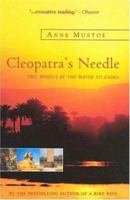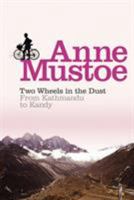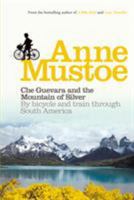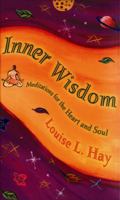Life Loves You: 7 Spiritual Practices to Heal Your Life
Select Format
Select Condition 
More by Anne Mustoe
Book Overview
Life loves you and you have the power within you to create a life you love. Life loves you is one of Louise Hay's best-loved affirmations. It is the heart thought that represents her life and her work. Together, Louise and Robert Holden look at what life loves you really means - that life doesn't just happen to you; it happens for you. In a series of intimate and candid conversations, they dig deep into the power of love, the benevolent nature of reality, the friendly universe, and the heart of who we really are. Life Loves You is filled with inspiring stories and helpful meditations, prayers, and exercises. Louise and Robert present a practical philosophy based on seven spiritual practices. Key themes cover: - The Mirror Principle - practicing the how of self-love
- Affirming your Life - healing the ego's basic fear
- Following Your Joy - trusting your inner guidance
- Forgiving the Past - reclaiming your original innocence
- Be Grateful Now - cultivating basic trust
- Learn to Receive - being undefended and open
- Healing the Future - choosing love over fear
- Affirming your Life - healing the ego's basic fear
- Following Your Joy - trusting your inner guidance
- Forgiving the Past - reclaiming your original innocence
- Be Grateful Now - cultivating basic trust
- Learn to Receive - being undefended and open
- Healing the Future - choosing love over fear
Format:Hardcover
Language:English
ISBN:1401946143
ISBN13:9781401946142
Release Date:May 2015
Publisher:Hay House
Length:272 Pages
Weight:0.79 lbs.
Dimensions:0.9" x 6.2" x 7.1"
You Might Also Enjoy
Customer Reviews
6 customer ratings | 5 reviews
Rated 5 starsLife loves you
By KayD, Verified Purchase
This book is absolutely inspiring..
0Report















































